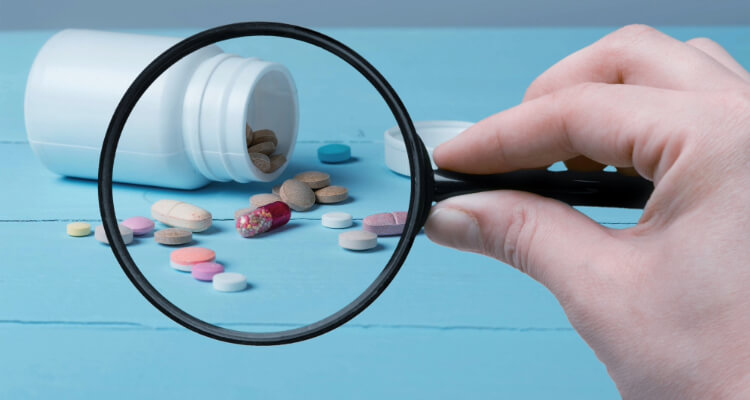Thus, although Court finds DRE testimony sufficiently reliable to be admitted in our courts, it adopts several limitations on the admissibility and probative use of a DRE’s opinion in criminal and quasi-criminal cases: First, a DRE is only allowed to opine in court that the protocol has presented indicia that are “consistent with” the driver’s usage of certain categories of drugs. The DRE’s expert opinion testimony must not go further than that. Proof of consistency can be pertinent as one component within the totality of the evidence to support an inference that drugs caused a driver’s impairment.
Second, a toxicology report corroborating a DRE’s opinion is important evidence. DRE officers must make a reasonable attempt to obtain a toxicology report when it is feasible to do so — and preferably to obtain a blood sample rather than a urine sample — when their protocol indicates at Step 11 an opinion of consistency with drug use. If the court finds no reasonable attempt was made, despite its feasibility, the DRE evidence shall be excluded. However, if the State establishes a reasonable justification for the lack of a toxicology report, then the DRE evidence is admissible, subject to defense impeachment and counterproofs.
Third, if the trial court admits DRE evidence for the State, the defense shall have a fair opportunity to impeach or rebut it through cross-examination of the DRE and with counterproofs. Fourth, it may be beneficial for the court to provide jurors with an explanatory instruction about the DRE evidence, such as the consistency limitation. The Court refers this subject to the Model Criminal Jury Charges Committee for its consideration. A positive DRE opinion at Step 11 is not dispositive of a driver’s guilt of driving under the influence of drugs. Unlike a BAC reading of .08% or more in a drunk driving case, the DRE’s opinion is not used as a per se test of guilt. Instead, the DRE testimony is just one part of the evidence as a whole, and it can be amplified or rebutted. The State would have a much steeper burden to prove a driver’s guilt when it lacks corroborating proof from a toxicology report. The reports and findings of the Special Master are adopted as modified. Olenowski’s convictions are vacated.
Justice Pierre-Louis dissented in relevant part: the Court adopted the Daubert standard for criminal cases in Olenowski I to ensure reliability through concentration on “the soundness of the methodology used to validate a scientific theory or technique, the strength of the reasoning underlying it, and the accuracy of the theory or technique in practice.” 253 N.J. at 150 (emphasis added). Under Daubert, the Court’s charge is not to create safeguards to try to preserve the use of techniques that cannot withstand rigorous scrutiny, but rather to ensure that if evidence is given the weight of an expert’s endorsement, that evidence has “a sufficient scientific basis to produce uniform and reasonably reliable results.” Ibid. By altering the Daubert factors here, the majority not only reaches a determination of reliability that is not supported by the test, it also upends the clear guidance in Olenowski I regarding placing the focus of these expert reliability determinations on testing, peer review, and error rates. DRE evidence should not be admissible under N.J.R.E. 702.
The dissent highlights what appears to be a results-oriented approach by the majority. She was joined in her dissent by Chief Justice Rabner.

